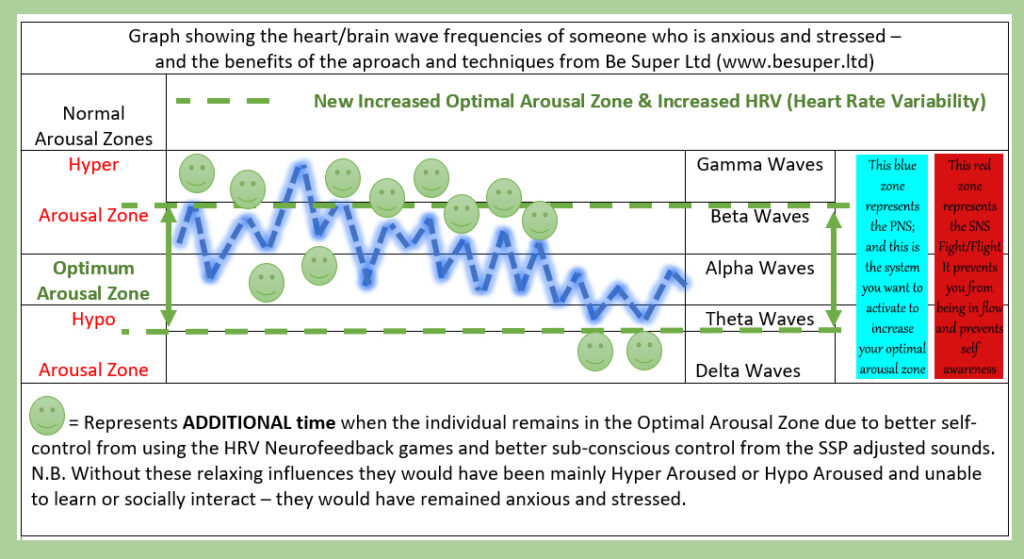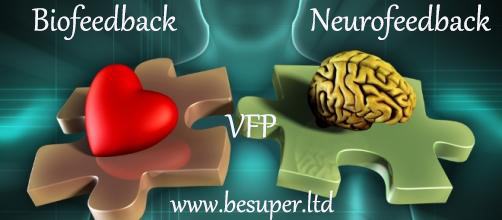Yo-Yo or pendulum lifestyle affects:
The calm and social nervous system, known as the Parasympathetic Nervous System (PNS) has a lower activation level called the dorsal vagus. This works like a pendulum that swings between arousal and relaxation. If it swings too suddenly or too often into the sympathetic / stressed system (SNS) – it may move into this relatively unknown or unfamiliar freeze nervous system – the Dorsal Vagal.
The PNS Freeze Response:
During periods of trauma or chronic stress, your level of sympathetic activity will alternate between hypervigilance – being constantly stressed (this can be caused simply by food – eating too often , especially carbs or too much protein); or being hyperaroused (possibly caused by anabolic drugs or too much insulin or too much perceived stress) – this leads to shutting down and being dissociated and unaware of your circumstances or surroundings. When the level of trauma becomes too extreme for you – this latter one takes over totally and you freeze or immobilise.
The body immobilizes you, physically, emotionally and mentally.
You may physically struggle to speak or experience intermittent paralysis of your limbs, have a seizure, go into a coma or have a stroke or some other brain malfunction. You may loose the capacity to speak (this may be temporary or long term) or may manifest as you becoming a selective mute.
You may loose control of some bodily functions (these could be caused by a seizure), or be longer in duration (lasting days, months or even become a lifetime shut down).
You may emotionally or mentally shut down and loose your memory or dissassiate yourself from reality or perceived problems – you may appear ‘deluded’ whilst you appear to show no concern to what is going on with yourself or with others or to your environment. You cut yourself off as a means of protection from all external stimulus. You become reliant on the ONLY FACTOR YOU CAN RELY ON – YOUR INNER BEING AND SELF HEALING.
Loss of connection and poor ability to interact:
For someone providing support, such as a partner, family member or caregiver, one of the most difficult aspects to deal with is the ‘loss of connection’ between you and the person you are supporting. They are personally experiencing (sometimes consciously, sometimes unconsciously) an inability to interact or relate to themselves, let alone you or others. Your own ability to support them in a ‘normal way’ using verbal and physical interactions may be challenged beyond your capacity to deal with it. You may not get the response you were expecting; you may not get any response at all; furthermore, you may find that the signals you give off are counter-productive to what is needed. You will quite possibly be in a more sympathetic (anxious) state rather than a calm state, and this will be further disruptive because these signals will be picked up on by the person you support.
The ‘arousal zone’ of the person you are supporting will have narrowed, meaning they have a very small window of safety and trust (which is vital for their recovery). Furthermore, their senstitivity to what is normally safe will have increased, and what you thought was ‘safe and normal’ may now be too much for them and they may further retreat into a state of avoidance.
What is your solution and way forward?
You need to improve your emotional and behavioural intelligence?!
You need to be much more vigilant (which requires activation of senses that normally reside within your SNS system; whilst at the same time you need to activate the PNS and utilise all the social interaction skills that promote love, safety and trust – whilst providing an unchallenged environmental setting. In a nutshell you must widen your own Optimal Arousal Zone.

Learning how to improve your HRV (Heart Rate Variability); increasing your mental clarity and activation of your PNS are all factors that enhance behavioural intelligence.
“You need to be what the person you are supporting needs”!
Patience is crucial:
The person you support may start communicating verbally, however, they may lack positive social tone and prosody with their speech, and this may be perceived by you or others as disinterest or detachment. They may appear ‘robotic’ or slow or to those with less ‘emotional and behavioural intelligence’ – they may appear rude, angry, anti-social and lack enthusiasm or interest- when in fact the opposite may be true. It may appear that the ‘inner-soul’ has departed – the connection between the thoughts and the heart may appear broken – it isn’t – it is simply more distant and in need of gentle re-connection. This will only be achieved with gentle social interaction – NOT ONE WAY INSTRUCTIONS OR ONE WAY INTERPRETATIONS – but a patient interaction, sometimes interaction without words simply interacting by being silent and safe together s
If you are supporting / caring for someone who has experienced extreme trauma and has shut down (activated their PNS Freeze Response) then use of the GKI and HRV Health Zones (both underpinned by Polyvagal Theory) would also be of benefit.
Polyvagal based solutions to somatic & mental/emotional trauma:
- Consider VFP Therapy – which is a combination of SSP, HRV and PEMF tools and devices mixed with supportive physical experiences.
- Consider VFP#1 LiCrON/ Regeneration – which provides activation of the PNS through Low Insulin Calorie Restriction Optimum Nutrition and Exercise Protocols PLUS a focus on correcting sleep problems through regeneration of your microbiome and energising of your mitochondria.
- Consider focusing on maximising the benefits of autophagy – which all0ws the body to self regulate through rest, recovery and rejuventaion.
Thank you for reading or listening to this,
Marcus, Sharon, and Morgan Pearson.
To find out more visit our Home Page, or to ask any questions or arrange a meeting:
- Ring Marcus on 07931 326 164
- Connect with Marcus on LinkedIn
- Or simply enter your email address below to register as a FREE PROVISIONAL VFP Member – we will then be in contact.

Marcus is focused on supporting others better interact with themselves and others.

